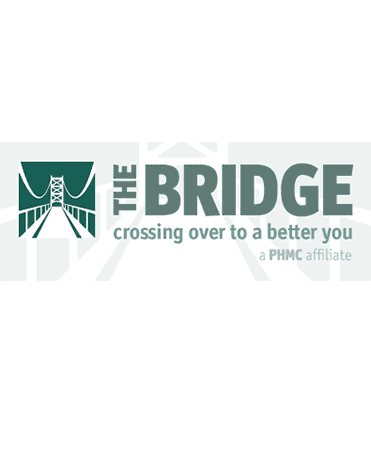
Program Closure
The Bridge program is now closed
Previously operated under Turning Points for Children, a PHMC subsidiary, The Bridge was proud to serve youth seeking to address substance use and mental health care needs.
If you or a loved one are in need of adolescent substance use disorder or behavioral health treatment in the Philadelphia region, please visit Public Health Managment Corporation's Community Mental Health Programs or the City of Philadelphia's Department of Behavioral Health and Intellectual Disability Services website
Find other programs and resources for adolescents at Turning Points for Children.